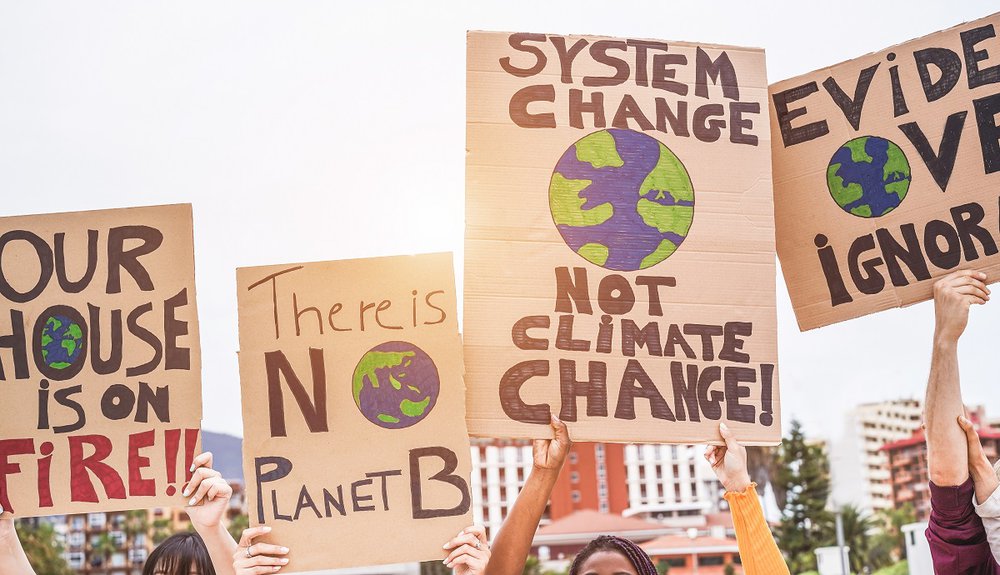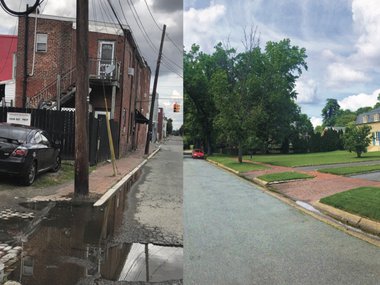Question Your World: Will Climate Change Be a Part of Future Elections?
Elections are opportunities we citizens have to voice our opinion on topics that matter. Over the years many constitutional changes, leadership roles, and other civic decisions have been placed in the hands of voters. Science-related items even make it onto elections! One of the biggest topics right now is our changing climate. This has impacts on agriculture, real estate, city planning, human health, and beyond. All very important topics for the nation to ponder. Will climate change be a part of future elections?
For the first time ever, Virginia voters saw a ballot measure regarding recurrent flooding! Some of our coastal areas have been designated as places experiencing the fastest sea level rise on the East Coast. Depleting groundwater, glacial melt, long geologic processes, and most certainly human emission of fossil fuels have all factored into making some of our coastal areas very prone to recurrent flooding. This is an issue that more and more municipalities are facing more and more often. Coastal areas and other flood-prone regions in Virginia have been experiencing so much of this that measures regarding tax exemptions to certain homeowners made its way onto the statewide ballot!

Image credit: Getty Images
Sea level rise and its impacts are not just limited to our coast here. After all, the US has over 95,000 miles of coastline and millions of individuals will potentially feel these effects. So, while Norfolk may be top-ranked for sea level rise on the East Coast, there’s a whole lot of American coastline left to address as well! To do this we’ll need scientists and researchers to examine the many variables from ecosystem health to fiscal feasibility and beyond.
A recent study compared the cost effectiveness of different resiliency measures for at-risk coastal areas in the Gulf of Mexico. They weighed the costs versus mitigated risks for strategies like restoring historic oyster reefs, seawall construction, home elevation costs, and beyond. The results? It turns out that increasing coastal development of homes and businesses severely increases the risk of infrequent but massive damage, like from severe storms or hurricanes that only hit once a decade or so. Then there are also the annually increasing costs and damages from sea level rise and other climate change variables chugging along in the background.
Combining these variables, scientists saw a massive increase in funds needed to address future coastal damage if there’s no proper planning today. The study also highlighted the most cost effective measures for our coastal areas to engage in as well. For example, combining strategic wetland and oyster reef restoration along with better-planned levees and home elevation upgrades were reported as good ways to enhance sustainability while reducing negative impacts on the various ecosystems in the Gulf.
Humanity and our coastal areas have a long-standing history. So it’s no wonder that these topics are of great interest to us all, all the way from sea to shining sea to ballots!


